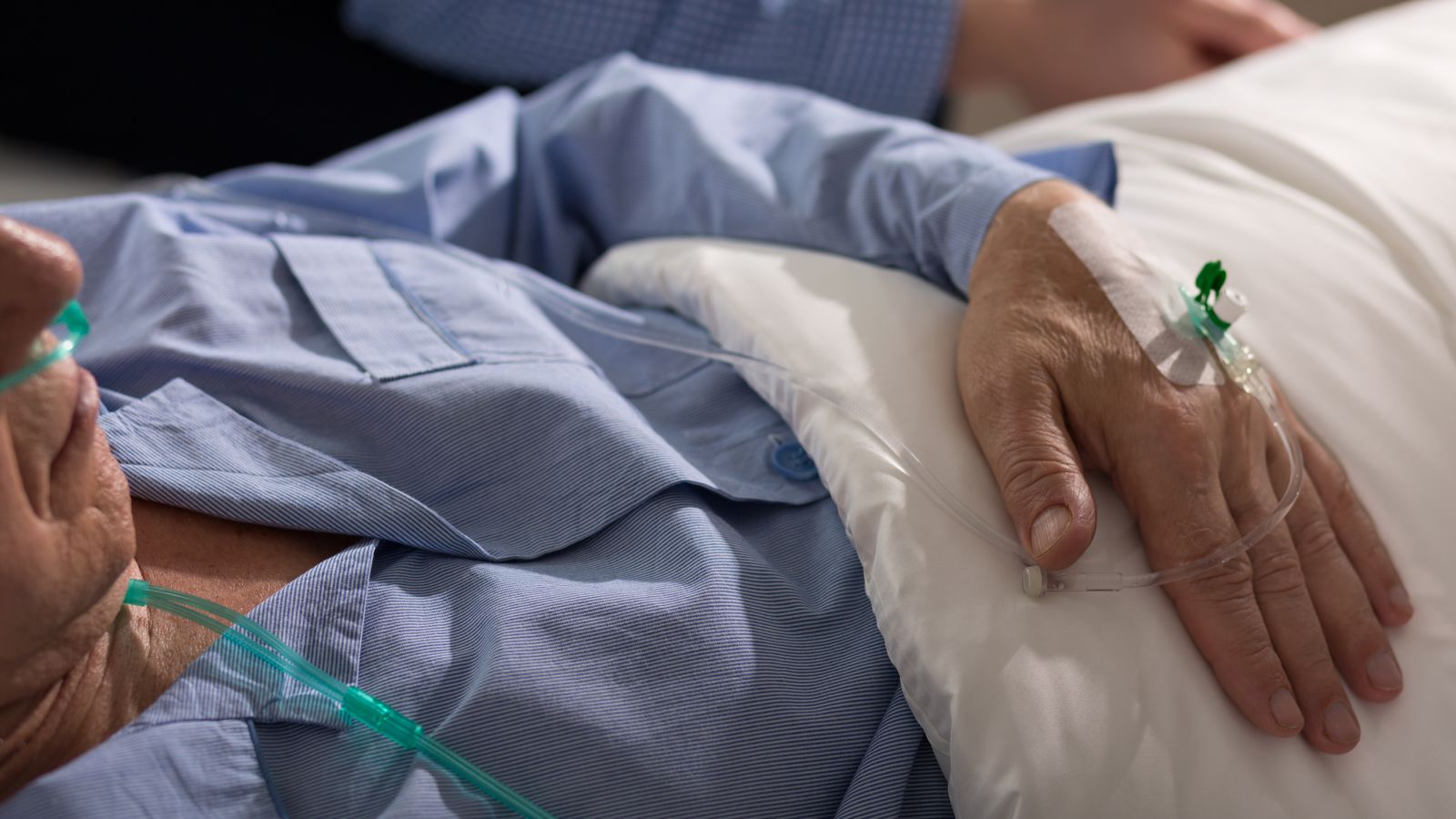Amid a rise in prescriptions, the UK Health Security Agency is urging people to “treat antibiotics with respect” in order to maintain their effectiveness for years to come.
The number of people dying from antibiotic-resistant infections increased last year – and experts have said the rise in antibiotics not working is “concerning”.
According to the UK Health Security Agency (UKHSA), 58,224 people in England had an antibiotic-resistant infection in 2022 – a 4% increase on 2021.
Of those, 2,202 died as a result of their infection, up from 2,110 in the previous 12 months.
The chance of dying within 30 days of developing an antibiotic-resistant infection increased from 19% to 20% in 2022. For drug-susceptible strains of illness, the rate is 16%.
Dr Colin Brown, deputy director for antimicrobial resistance at UKHSA, told a briefing that the burden of antibiotic-resistant infections had been declining since 2018.
The decrease was partly driven by the pandemic and the changes it sparked in how people sought help for health issues, he explained, before adding: “Unfortunately, we have once again seen a rise in antibiotic-resistant infections in 2022 compared to what we’ve seen previously.
“We’ve not yet made a dent in the proportion of infections that are resistant – that remains quite resolute, about one in five bloodstream infections – and we are seeing concerning rises in resistance linked to some antibiotics that are used to tackle bloodstream infection and sepsis.”
Use of antibiotics in England declined from 2014, with a steep drop occurring in 2020 – but the trend was reversed in 2022 when an 8.4% hike in prescriptions occurred.
UKHSA chief executive Dame Jenny Harries is urging people in England “to treat antibiotics with respect” to maintain their effectiveness.
She said: “We expect that if we get a bacterial infection, an antibiotic will be available to treat us but, sometimes, already, that is simply impossible.
“Unless action is taken, the availability of life-saving treatments will only diminish and our ability to drive down infections will decrease, most likely impacting those in the poorest social circumstances worst.”
Dame Harries has issued a reminder that antibiotics should not be shared and will not work on viruses such as cold, flu or COVID-19.
Read more:
Hope for Alzheimer’s blood tests on the NHS
Doctors find spider inside woman’s ear
People aged 65 and over have the highest rate of bloodstream infections caused by resistant pathogens and babies under one are the next group most at risk.
The data also reveals that those in the lowest socioeconomic groups are more likely to contract antibiotic-resistant infections compared to their wealthy counterparts.
Asian and British Asian people are also more likely to be affected, according to UKHSA data.

Sarah Carter is a health and wellness expert residing in the UK. With a background in healthcare, she offers evidence-based advice on fitness, nutrition, and mental well-being, promoting healthier living for readers.








